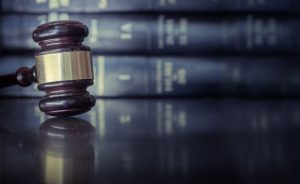Adam Keilen
The Michigan Supreme Court, in Schankin v. Buskirk, 354 Mich 390, 93 NW2d 293 (1958), using a flexible approach to damages, held that the rules for damages recoverable in a particular action should yield to the principle of compensation; in other words, whatever approach is most appropriate to compensate, for a client’s particular loss, should be adopted.
Business tort compensation approaches vary with respect to the nature of the injury and the given facts and circumstances. Thus, in business torts, there are no hard and fast rules for damages because the principle of compensation remains vitally important in the face of such vastly different injuries. The most common business torts are: interference with a contract or business relationship, unfair competition, misappropriation of trade secrets, trademark infringement, and business defamation. The most common approaches are listed, respectively, below.
Damages for Interference with a Contract or Business Relationship
- Lost Profits
- Reliance Damages
- Consequential Damages
- Noneconomic Damages for Emotional Distress or Actual Harm to Business Reputation
Unfair Competition
- Defendant’s Profits and Damages Plaintiff Sustained
- Injury to Reputation
- Reduced Profits
- Cost of Corrective Measures
- Injunctive Relief if Monetary Damages Cannot be Established
Misappropriation of Trade Secrets
- Actual Loss and Unjust Enrichment
- Reasonable Royalty
- Attorney Fees and Injunctions
Trademark Infringement
- Injury to Goodwill
- Lost Profits
- Profits Gained by Infringer
- Advertising Expenses
- Reasonably Royalty
Business Defamation
- Unclear as to Presumed Damages with Actual Malice
- Private Plaintiffs – Economic Damages Only Plus Attorney Fees
*Exemplary damages may be recovered for some business torts.

